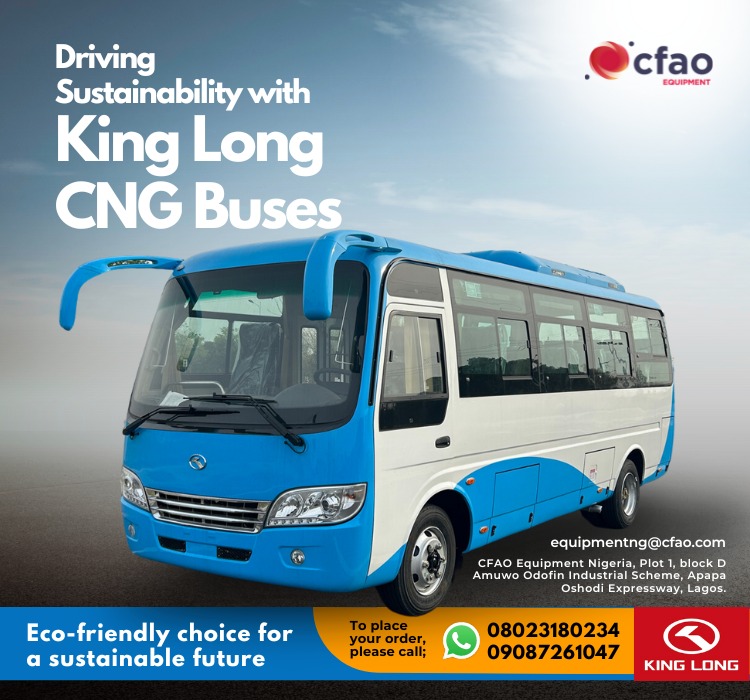For a rural dweller in Bonny Island – a community in Rivers State Nigeria, access within and outside its environs, would typically mean a trip across the high sea. Over time, this type of commute has become a standard and effective way of life for the locals, one they are very accustomed to and have adopted throughout history.
Typically, the people from Bonny understand that transportation of goods and services from the community could come with its many challenges over the waterways, in as much as this has often been managed in the past. Commerce, trade and, daily activities in this area, would rely largely on the sea tides, overall weather conditions, availability of boats and canoes or just what particular time of the year is friendly enough for sea travel.
When we talk about alternative transportation, in urban cities for example, the options usually would focus on how you look forward to your next bus ride or maybe a train ride, using your car or perhaps riding a bike. All of these require an accessible road network to function as we usually would not consider catching a flight or taking the next boat ride in our day-to-day commute for work or business. In reality, road transportation remains an important enabler of progress, accounting for more than 90 per cent contribution to the country’s Gross Domestic Product (GDP).
The people in Bonny, however, would embrace an accessible road network as a viable transportation alternative that can actually provide impact and value to enable productivity in their community. For them, this would simply mean, hopping into a vehicle and driving from the island to the mainland whenever they wished. Essentially and over the years, they have utilized the high sea to access the mainland from the island and been able to connect by road is an aspect of life that will only have its many benefits.
In 2017, the Federal Government executed a public-private partnership with the Nigeria Liquefied Natural Gas Limited (NLNG), to construct a 38km road, providing a connection between Bodo in Rivers State to Bonny Island. This project is the first road link to connect Bonny Island, spanning across other communities including Bodo, Andoni and Opobo, all known for fishing and farming activities.
This project is an interesting prospect for the people in these communities, as it would further include 3 major bridges and 9 mini bridges, fully connecting everyone to a durable and accessible road network while also impacting the larger Niger Delta region. So far, contractors for the project, Julius Berger Nigeria Plc, confirmed that the Bodo- Road and one of three of the main bridges (Afa Creek), has been completed.
Technically, the terrain consists of low-lying marshy area and swampy soil conditions, making this project a much more challenging construction to bring to life. However, Julius Berger has so far successfully completed aspects of the project, regardless of the difficulties posed by the natural environment.
On one of the main bridges completed, the company also mentioned that it implemented innovative technologies through a process it called incremental launching. This, it described as manufacturing the superstructure of the bridge by sections in a prefabrication area behind one of the abutments with each new unit concreted directly against the preceding one.
Whilst innovation and modernization continue to enable possibilities in every aspect of life, including how people choose to move, this new road network connectivity into Bonny Island from Nigeria’s mainland, is proof that road infrastructure is an effective enabler of progress for people.
With a functioning road network, increased business opportunities through road transportation services, can run safely through the day and night unlike sea transportation, which usually happens during the day. It can also enhance equipment and general logistics services, ensuring better accessibility for people to transport goods and services in and out of the community.
When completed, this road is projected to reduce the cost of oil production and other business activities on Bonny Island, opening up more opportunities for rapid economic progress. Commerce and trade will also be effectively enhanced throughout the region, touching every individual, every home, and every community and impacting every life.













